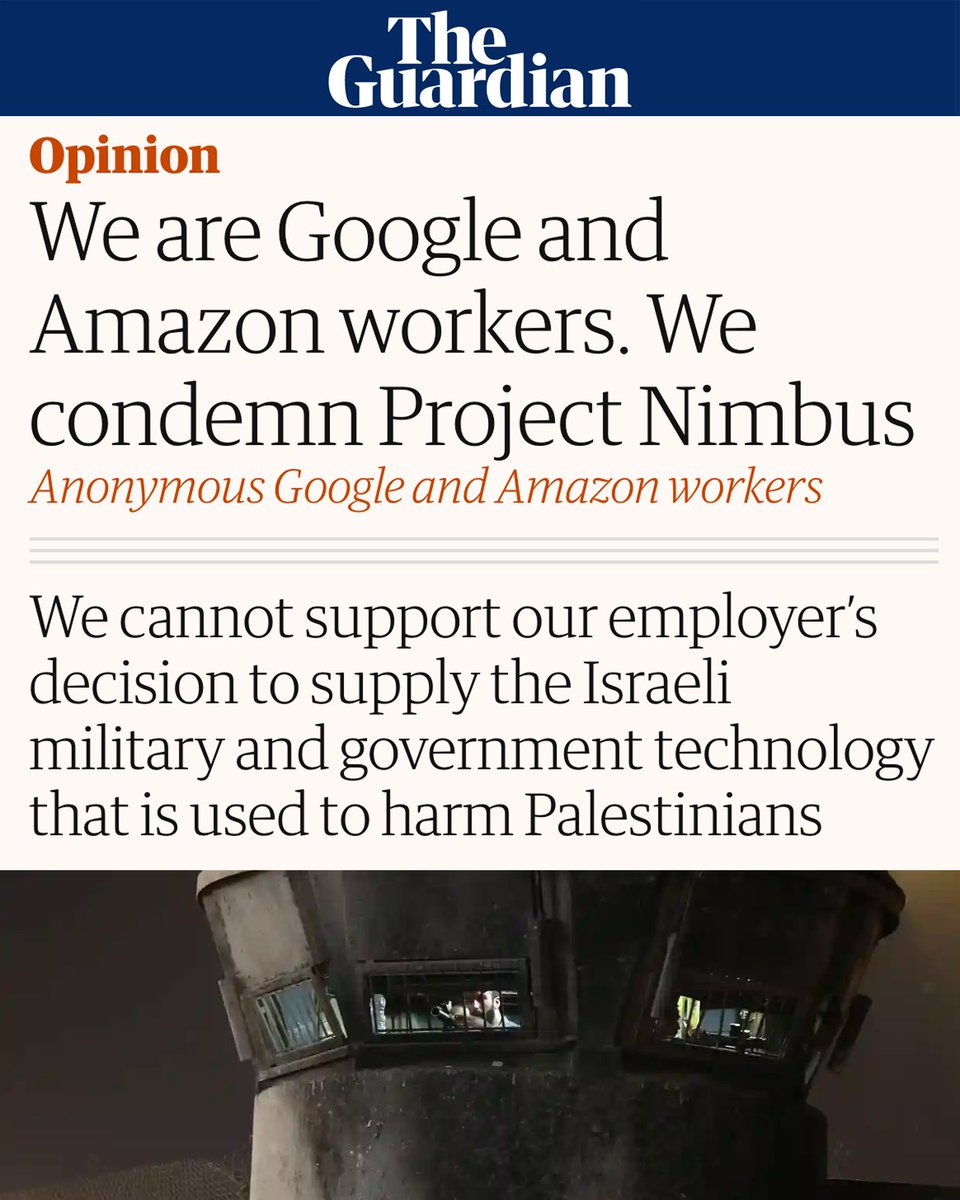
Today, Israeli police forcibly displaced Mizrahi families in Givat Amal, a working-class neighborhood in Tel Aviv, to build luxury apartments.
The Israeli government sent these Jewish families to the area in the 1948 to stop Palestinian refugees from returning to their homes.


The Israeli government sent these Jewish families to the area in the 1948 to stop Palestinian refugees from returning to their homes.



Givat Amal is a microcosm of Israel at large:
the founding displacement of Palestinian refugees,
the racist use of Mizrahi Jews as disposable placeholders for them,
the Ashkenazi elite's oppression and neglect of Mizrahim except for when politically or economically expedient.
the founding displacement of Palestinian refugees,
the racist use of Mizrahi Jews as disposable placeholders for them,
the Ashkenazi elite's oppression and neglect of Mizrahim except for when politically or economically expedient.

After 65+ years of residing in Givat Amal without the ownership opportunities or basic infrastructure created for nearby Ashkenazim, 80 Mizrahi families were displaced from the neighborhood in 2014. Evacuation orders for the remaining 40 families went into effect yesterday. 

Families and activists barricaded themselves in their homes and lit fires to block police access. Even after 200 police forcibly removed most of them, Livna Ratzbi — who has lived in Givat Amal since she was 6 years old — refused to leave, saying she would only go on a stretcher. 





To prevent the Mizrahi residents from returning to their homes of 7 decades — homes to which the Israeli government sent them to prevent Palestinian refugees' return — Israeli workers began to destroy their doors and windows.
https://twitter.com/OrenZiv1985/status/1460187262541570049
The experiences of the Mizrahi Jewish residents of Givat Amal are not directly comparable with those of Palestinians facing ethnic cleansing in neighborhoods like Sheikh Jarrah. But the ongoing Nakba and the oppression of Mizrahim *are* connected.
https://twitter.com/jvplive/status/1460280009445285894?s=20
From 1948 to today, all forced displacement by the Israeli government is the result of Zionism, an Ashkenazi-led, settler-colonial movement that promotes ethnic hierarchy — not just Jews over Palestinians, but also European Jews over Jews from the Middle East and North Africa.
Information, photos, and video by @OrenZiv1985. For more background, read his article: 972mag.com/givat-amal-miz…
• • •
Missing some Tweet in this thread? You can try to
force a refresh












